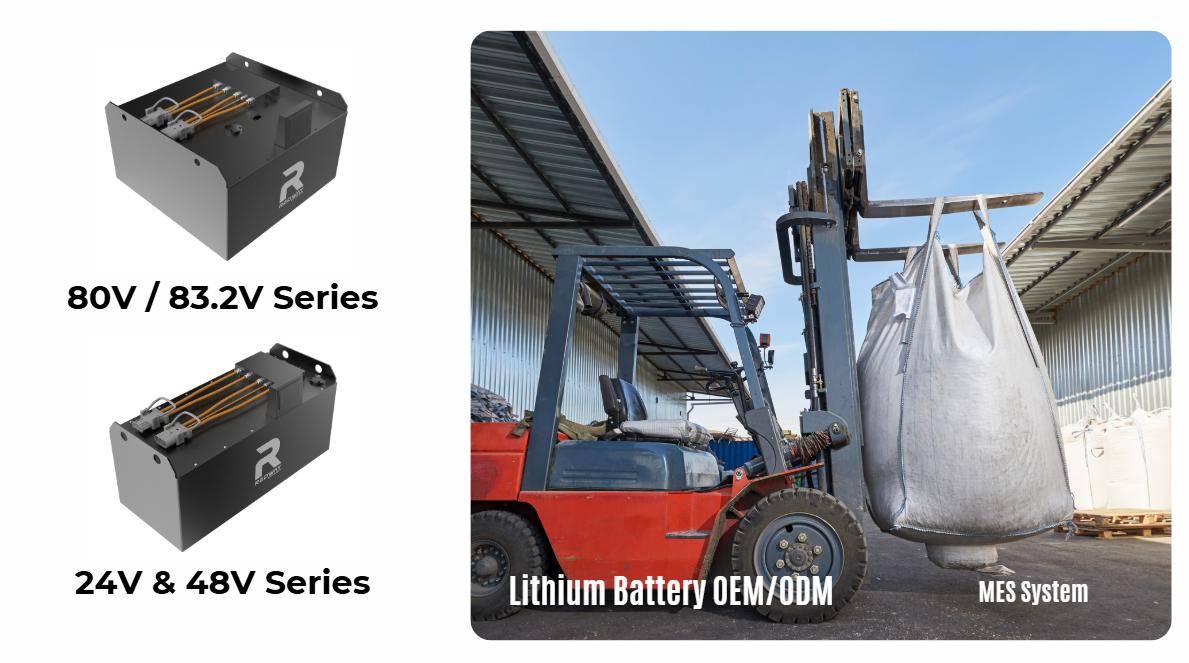
Regenerative Braking Systems in Forklifts: Enhancing Efficiency and Sustainability
The adoption of regenerative braking systems in electric forklifts is on the rise, reflecting a significant shift towards more energy-efficient and sustainable material handling solutions. These innovative systems capture energy during braking, allowing for extended battery runtime and improved overall efficiency. As of January 8, 2025, this technology is transforming how businesses operate their electric forklifts.
1. Understanding Regenerative Braking
Regenerative braking systems work by converting kinetic energy into electrical energy during deceleration. When a forklift slows down or descends a slope, the electric motor acts as a generator, capturing the energy that would otherwise be wasted as heat. This energy is then redirected to recharge the forklift’s battery, enhancing its overall efficiency.
2. Benefits of Regenerative Braking Systems
The implementation of regenerative braking offers several advantages:
- Improved Energy Efficiency: By recapturing energy during braking, these systems significantly reduce energy waste, leading to longer operational times on a single charge.
- Extended Battery Life: Regenerative braking reduces the strain on batteries, contributing to a longer lifespan and lower replacement costs.
- Reduced Operating Costs: With less reliance on external charging and reduced wear on mechanical brake components, businesses can achieve substantial savings.
3. Environmental Impact
Regenerative braking contributes to sustainability efforts by lowering overall energy consumption and greenhouse gas emissions associated with electricity generation. As companies strive to meet environmental regulations and reduce their carbon footprint, regenerative braking systems provide an effective solution.
4. Enhanced Operator Experience
In addition to operational benefits, regenerative braking systems enhance the operator experience by providing smoother and more controlled braking. This leads to improved safety and comfort for forklift operators, minimizing the physical strain associated with traditional braking systems.
5. Future Trends in Forklift Technology
As technology continues to advance, the integration of regenerative braking systems in forklifts is expected to grow. Manufacturers are exploring additional features such as advanced sensors and telematics that monitor performance in real-time, further optimizing energy use and maintenance schedules.
Expert Views
“Regenerative braking is revolutionizing forklift operations by not only improving efficiency but also supporting sustainability goals,” says John Smith, an expert from Redway. “As more companies adopt this technology, we can expect significant advancements in battery life and overall cost savings.”The increasing adoption of regenerative braking systems represents a pivotal shift in the forklift industry, aligning with broader trends towards electrification and sustainable practices. As businesses continue to seek ways to enhance productivity while minimizing environmental impact, regenerative braking will play an essential role in shaping the future of material handling operations.
